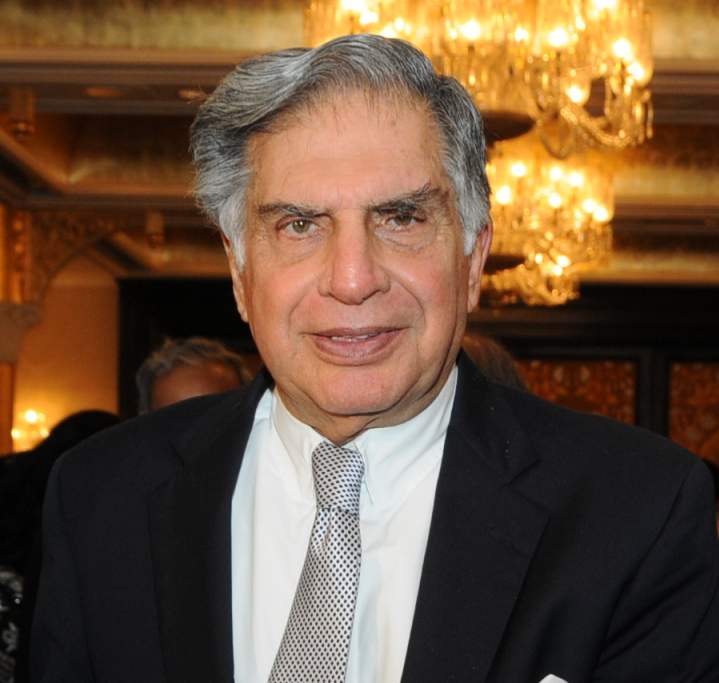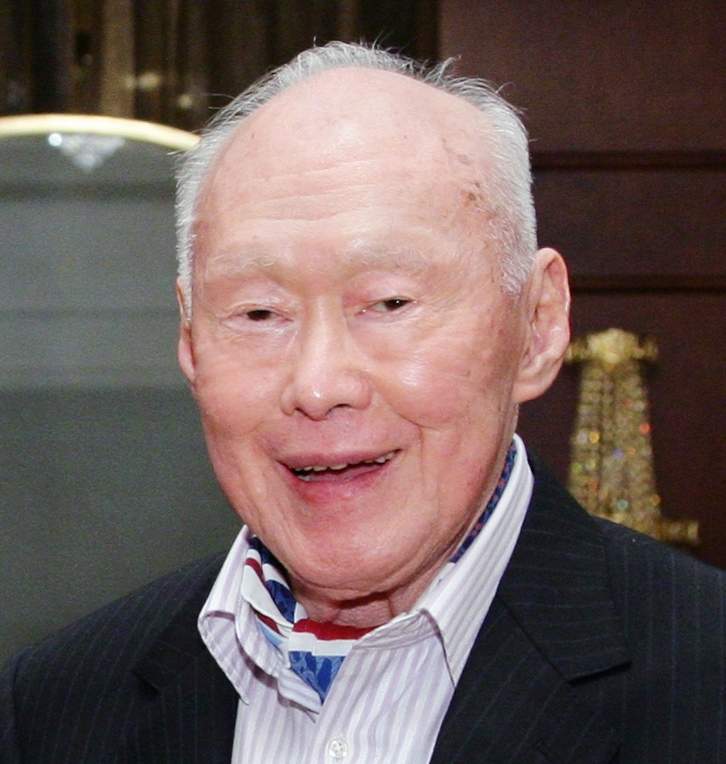Case Study: Success Stories of Mukesh Ambani
Introduction: Mukesh Ambani, the Chairman and largest shareholder of Reliance Industries Limited (RIL), is one of the most prominent business figures in India and the world. Known for his visionary leadership, Ambani has transformed Reliance into one of India’s largest and most diversified conglomerates, spanning sectors such as petrochemicals, refining, retail, telecommunications, and digital services. This case study explores some of the key success stories that have shaped Mukesh Ambani’s career and the trajectory of Reliance Industries.
1. Expansion and Diversification of Reliance Industries:
When Mukesh Ambani took over the reins of Reliance Industries in the late 1990s, the company was already a giant in the petrochemical and refining sectors. However, under his leadership, Reliance underwent a significant transformation that not only diversified its business portfolio but also catapulted the company to a global stage.

Petrochemicals and Refining:
Reliance’s refining capacity is among the largest in the world. Mukesh Ambani’s strategic decision to enhance the company’s refining capabilities led to the creation of the Jamnagar Refinery in Gujarat. This refinery, inaugurated in 1999, is one of the largest in the world with a capacity of over 1.24 million barrels per day. The refinery’s advanced technology allowed Reliance to scale up production and achieve economies of scale, enabling the company to become a dominant player in global petrochemicals and refining.
Retail:
In the early 2000s, Ambani recognized the emerging opportunity in India’s retail sector, which was undergoing a transformation with increasing urbanization and rising consumer demand. In 2006, Reliance Industries ventured into the retail business with the launch of Reliance Fresh, and later expanded into fashion, electronics, and other consumer goods through Reliance Retail. By 2020, Reliance Retail became India’s largest retail chain with a vast network of stores across the country, offering everything from groceries to electronics. This success is attributed to Reliance’s ability to innovate in the retail model and leverage its supply chain expertise.
2. Jio Revolution – Transforming Indian Telecom and Digital Landscape:
Perhaps one of the most notable success stories in Mukesh Ambani’s career is the launch of Reliance Jio in 2016. Jio disrupted the Indian telecom industry and fundamentally changed how millions of Indians access the internet.
When Jio launched, the Indian telecom market was dominated by a few key players, but the entry of Jio with its aggressive pricing strategy, offering free voice calls and ultra-low-cost data, caused a massive shake-up. By providing affordable high-speed internet to the masses, Jio connected hundreds of millions of Indians to the digital world. Within three years, Jio became the largest mobile operator in India by subscriber base, surpassing established companies like Vodafone and Bharti Airtel.
The success of Jio was not just in its pricing, but in the rapid rollout of 4G networks and the digital ecosystem it created. Ambani’s vision extended beyond telecom into a broader digital services offering, including entertainment (JioTV, JioCinema), e-commerce (JioMart), and cloud services. Jio’s massive growth and technological investments played a key role in India’s digital transformation, bringing high-speed internet to rural areas and fostering a wave of digital entrepreneurship.
3. Strategic Investments and Partnerships:
Under Ambani’s leadership, Reliance has attracted strategic investments from global giants, further validating the company’s growth prospects. In 2020, Jio Platforms, a subsidiary of Reliance, raised over $20 billion from investors like Facebook, Google, and a host of private equity firms. Facebook’s $5.7 billion investment in Jio was particularly significant as it not only provided capital but also facilitated synergies between Jio’s telecom services and Facebook’s social media platform, WhatsApp. This partnership helped Jio strengthen its position in e-commerce and digital payments.
Additionally, Ambani’s push for investments in green energy, including the announcement of Reliance’s commitment to become net carbon zero by 2035, signals a bold new direction for the conglomerate. In 2021, Reliance Industries entered into a partnership with major international players in the renewable energy sector, including Saudi Aramco and the world’s largest solar energy company, to create India’s largest green energy platform.
4. Visionary Leadership and Family Business Management:
Mukesh Ambani’s leadership style is often characterized by his deep understanding of technology and his ability to take long-term risks. Unlike many traditional industrialists, Ambani has consistently prioritized innovation and strategic investment in the future. His visionary approach, combined with a robust governance structure, has allowed Reliance to flourish even as it navigated various market challenges.
Moreover, Ambani has adeptly managed the challenges of running a family business, successfully keeping Reliance’s interests aligned with the evolving needs of the market. While there have been occasional family disputes, especially over succession plans with his brother Anil Ambani, Mukesh Ambani’s focus on growth and maintaining business stability has ensured that Reliance’s legacy continues to thrive under his leadership.
Conclusion:
Mukesh Ambani’s journey is a remarkable example of how visionary leadership, strategic foresight, and relentless innovation can drive corporate success. Through the expansion of Reliance into petrochemicals, refining, retail, and telecom, Ambani has not only cemented his status as one of India’s most influential business leaders but has also reshaped the Indian business landscape. The success of Reliance Jio, combined with strategic investments in digital services and green energy, positions Mukesh Ambani and Reliance Industries for continued success in the years to come.












